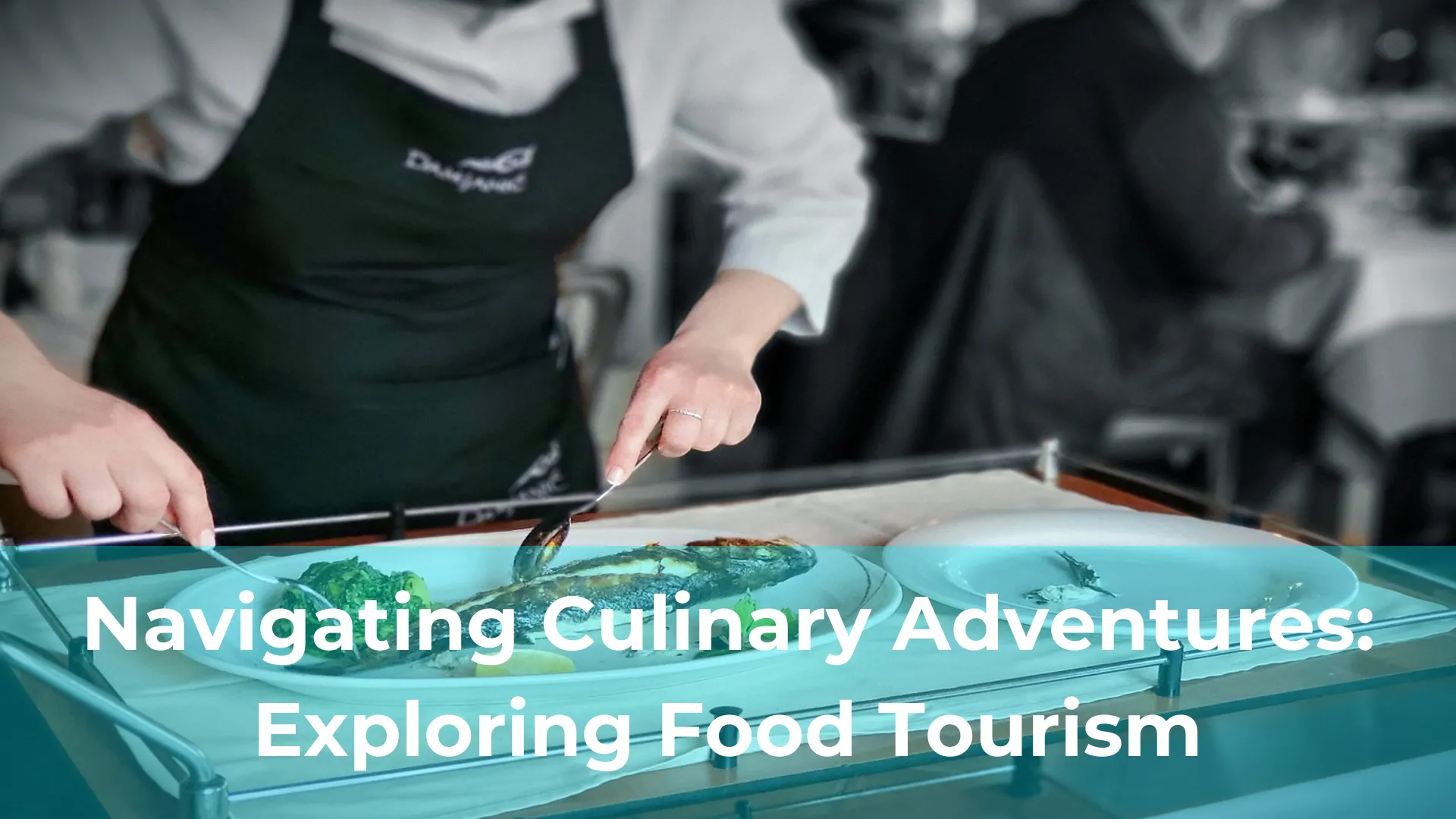Navigating culinary adventures exploring food tourism
Navigating Culinary Adventures: Exploring Food Tourism
Embarking on a culinary adventure is not just about satisfying your taste buds; it is about immersing yourself in a unique cultural experience. Food tourism has gained immense popularity in recent years, as people seek to explore different cuisines and traditions from around the world. From street food markets in Bangkok to wine tasting in Tuscany, culinary adventures offer a tantalizing journey for the senses.
Food tourism provides a gateway to understanding the heritage and traditions of a particular region through its culinary offerings. Every ingredient, cooking technique, and dish tells a story, reflecting the history and cultural influences of a place. Whether you are savoring the rich flavors of Moroccan tagine or indulging in the delicate artistry of Japanese sushi, food tourism allows you to connect with the local community and gain a deeper appreciation for their way of life.
One of the most exciting aspects of food tourism is its ability to break down barriers and bridge cultural gaps. Through food, we can transcend language and cultural differences, as a shared meal can create a sense of connection and unity. Food markets, cooking classes, and food festivals provide opportunities for travelers to interact with locals, learn traditional recipes, and even participate in the preparation of meals. These experiences foster cultural exchange and create lasting memories.
The Rise of Food Tourism: A Delicious Trend
Food tourism is becoming an increasingly popular trend among travelers, and it’s easy to see why. As people become more adventurous in their culinary tastes, they are seeking out unique and authentic food experiences during their travels. From exploring local markets and street food to indulging in gourmet dining experiences, food tourism offers a delicious way to immerse oneself in a new culture and deepen the travel experience.
One of the main reasons behind the rise of food tourism is the desire for authenticity and local experiences. Travelers are no longer satisfied with generic, touristy restaurants that serve watered-down versions of local cuisine. They want to taste the real flavors of a destination and connect with the local food scene. Food tourism allows them to do just that, as they can discover hidden gems, try traditional dishes, and learn about the history and traditions behind the food they are enjoying.
Furthermore, food has a unique ability to bring people together and create social connections. Whether it’s bonding over a shared love for a particular dish or engaging in conversations with local food vendors, food tourism fosters cultural exchange and meaningful connections with people from different backgrounds. It’s not just about the taste, but also about the stories and memories that are created through food.
